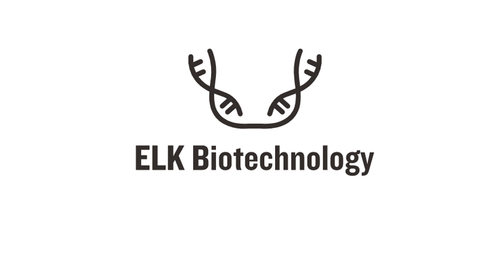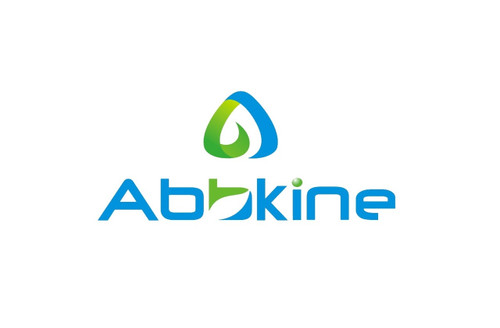Product Description
Human Carboxylesterase 2 (CES2) ELISA Kit | AE62990HU | Abebio
Species Reactivity: Human (Homo sapiens)
Abbreviation: CES2
Alternative Name: CE-2; CES2A1; PCE-2; iCE; Intestine, Liver
Application: ELISA
Range: 0.156-10 ng/mL
Sensitivity: 0.064 ng/mL
Intra-Assay: ≤3.2%
Inter-Assay: ≤6.4%
Recovery: 1, 06
Sample Type: Serum, Plasma, Other biological fluids
Detection Method: Sandwich
Analysis Method : Quantitive
Test Principale: This assay employs a two-site sandwich ELISA to quantitate CES2 in samples. An antibody specific for CES2 has been pre-coated onto a microplate. Standards and samples are pipetted into the wells and anyCES2 present is bound by the immobilized antibody. After removing any unbound substances, a biotin-conjugated antibody specific for CES2 is added to the wells. After washing, Streptavidin conjugated Horseradish Peroxidase (HRP) is added to the wells. Following a wash to remove any unbound avidin-enzyme reagent, a substrate solution is added to the wells and color develops in proportion to the amount of CES2 bound in the initial step. The color development is stopped and the intensity of the color is measured.
Product Overview: Carboxylesterase 2 is a member of a large multigene family. The enzymes encoded by these genes are responsible for the hydrolysis of ester- and amide-bond-containing drugs such as cocaine and heroin. They also hydrolyze long-chain fatty acid esters and thioesters.The specific function of this enzyme has not yet been determined; however, it is speculated that carboxylesterases may play a role in lipid metabolism and/or the blood-brain barrier system. Two alternatively spliced transcript variants encoding distinct isoforms have been found for this gene.Preferentially expressed in intestine with moderate expression in liver. Within the intestine, highest expression is found in small intestine with lower expression in colon and rectum.
Stability: The stability of ELISA kit is determined by the loss rate of activity. The loss rate of this kit is less than 5% within the expiration date under appropriate storage condition. The loss rate was determined by accelerated thermal degradation test. Keep the kit at 37°C for 4 and 7 days, and compare O.D.values of the kit kept at 37°C with that of at recommended temperature. (referring from China Biological Products Standard, which was calculated by the Arrhenius equation. For ELISA kit, 4 days storage at 37°C can be considered as 6 months at 2 - 8°C, which means 7 days at 37°C equaling 12 months at 2 - 8°C) .
 Euro
Euro
 USD
USD
 British Pound
British Pound
 NULL
NULL








